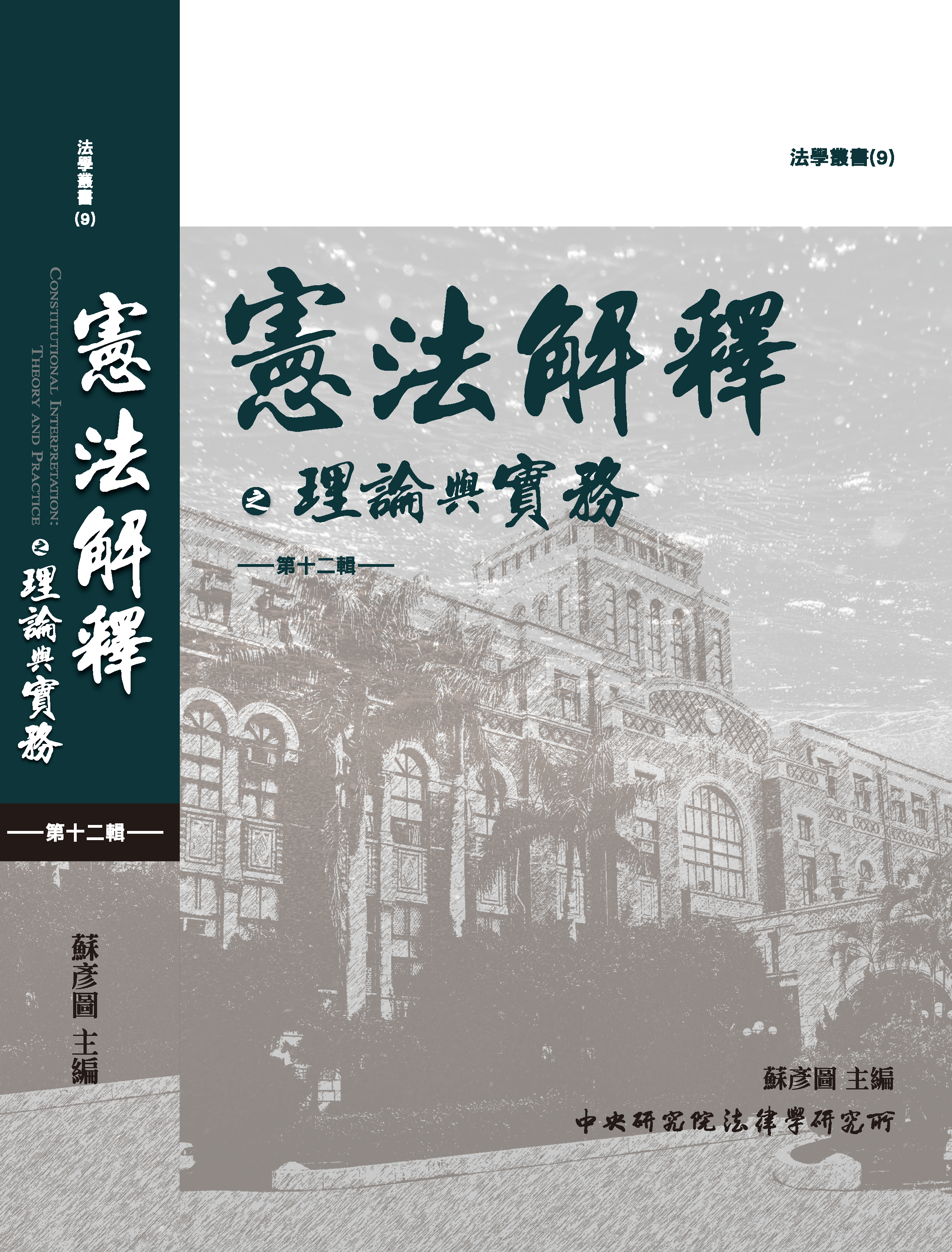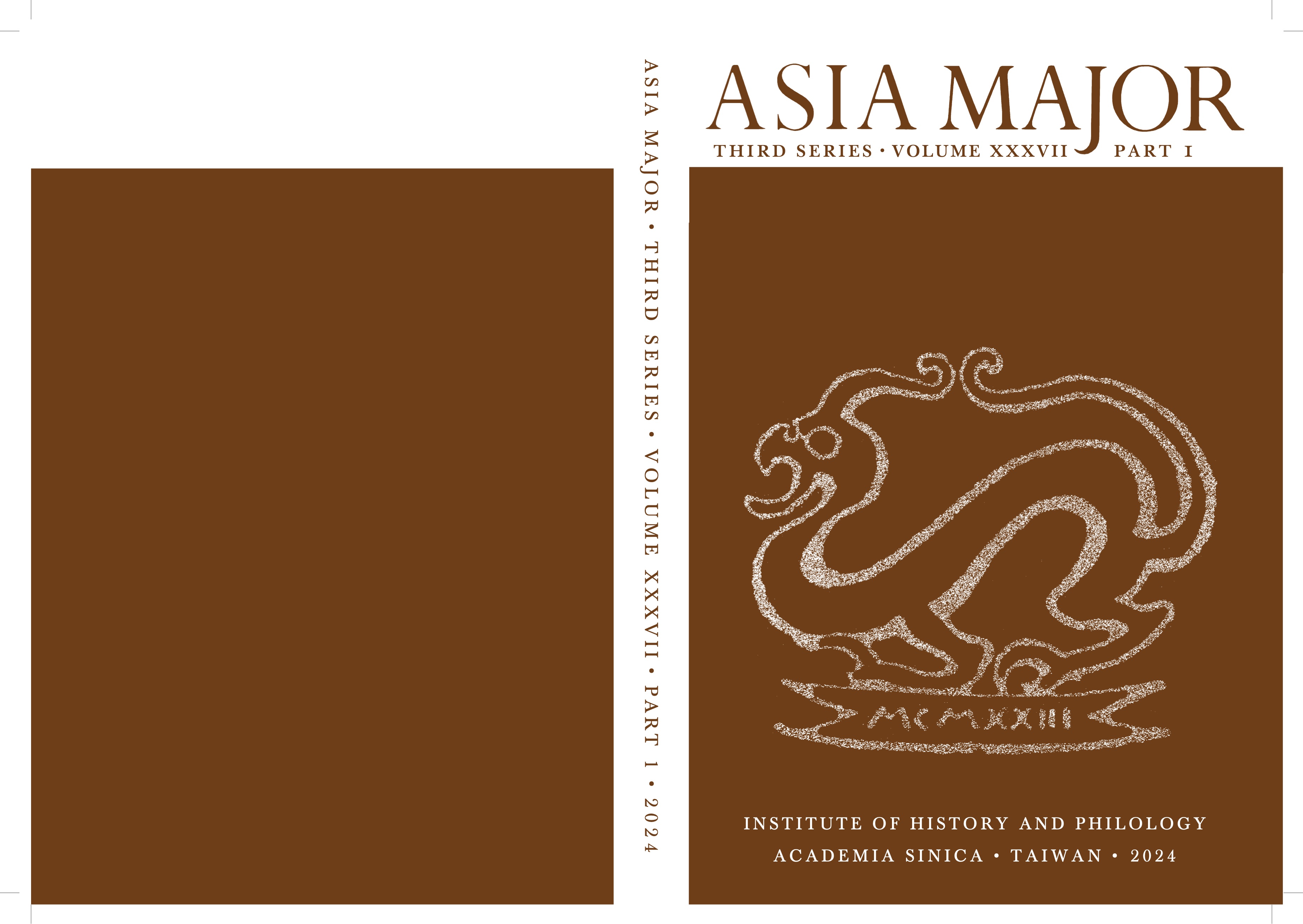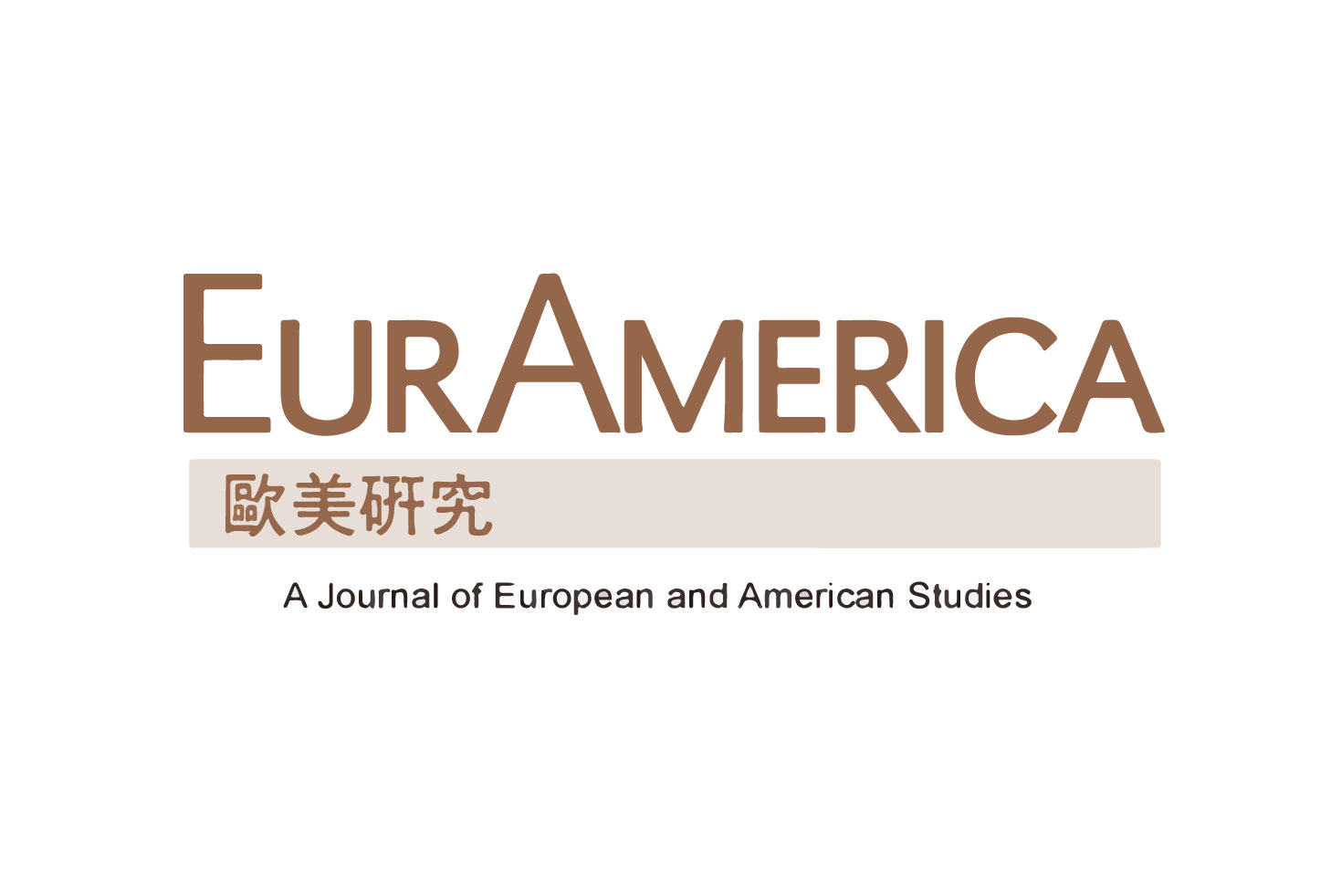Academia Sinica highly values academic freedom and freedom of speech and encourages our colleagues to provide opinions on and propose solutions to key social issues. Nonetheless, research findings and opinions expressed independently by our colleagues do not necessarily reflect the official position of Academia Sinica. We expect all colleagues to adhere to academic norms and take responsibility by citing sources and ensuring accuracy when publishing independently. Research findings and opinions provided on behalf of Academia Sinica should be published according to established procedures.
Open
1/19/2026 1:56:22 PM
-
-
- Institute of Mathematics
- Institute of Physics
- Institute of Chemistry
- Institute of Earth Sciences
- Institute of Information Science
- Institute of Statistical Science
- Institute of Atomic and Molecular Sciences
- Institute of Astronomy and Astrophysics
- Research Center for Applied Sciences
- Research Center for Environmental Changes
- Research Center for Information Technology Innovation
-
-
- Institute of History and Philology
- Institute of Ethnology
- Institute of Modern History
- Institute of Economics
- Institute of European and American Studies
- Institute of Chinese Literature and Philosophy
- Institute of Taiwan History
- Institute of Sociology
- Institute of Linguistics
- Institute of Political Science
- Institutum Iurisprudentiae
- Research Center for Humanities and Social Sciences
-
-
-
Research Findings

- Address:128 Section 2, Academia Road, Nankang, Taipei 115201, Taiwan
- Phone:+886-2-27822120~9 (10 lines)
- Contact:aspublic@gate.sinica.edu.tw









 Home
Home











